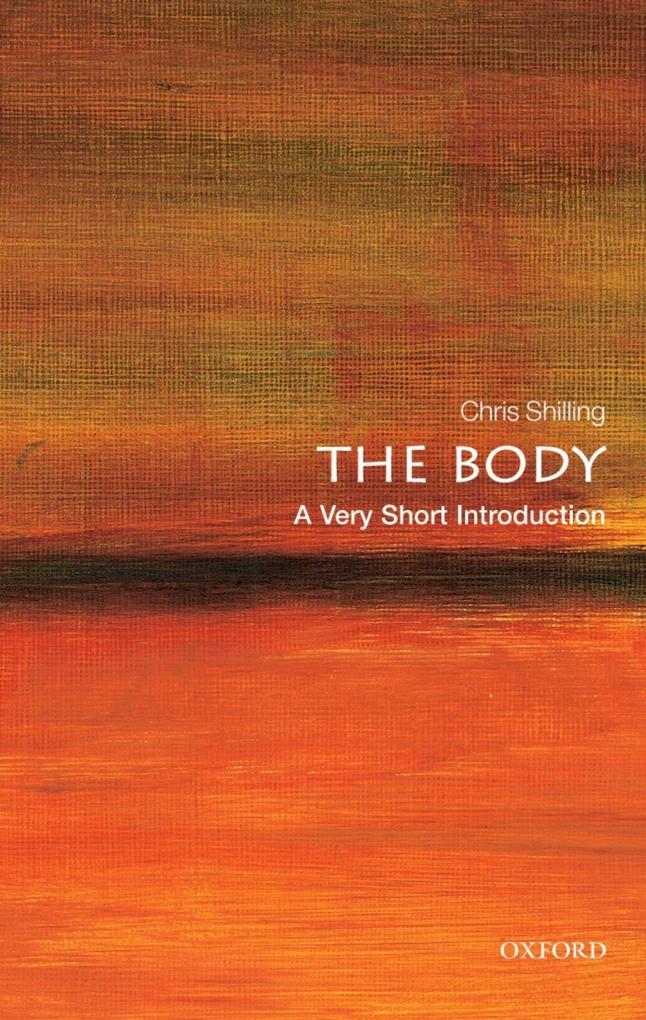
Sofort lieferbar (Download)
The human body is thought of conventionally as a biological entity, with its longevity, morbidity, size and even appearance determined by genetic factors immune to the influence of society or culture. Since the mid-1980s, however, there has been a rising awareness of how our bodies, and our perception of them, are influenced by the social, cultural and material contexts in which humans live.
Drawing on studies of sex and gender, education, governance, the economy, and religion, Chris Shilling demonstrates how our physical being allows us to affect the material and virtual world around us, yet also enables governments to shape and direct our thoughts and actions. Revealing how social relationships, cultural images, and technological and medical advances shape our perceptions and awareness, he exposes the limitations of traditional Western traditions of thought that elevate the mind over the body as that which defines us as human. Dealing with issues ranging from cosmetic and transplant surgery, the performance of gendered identities, the commodification of bodies and body parts, and the violent consequences of competing conceptions of the body as sacred, Shilling provides a compelling account of why body matters present contemporary societies with a series of urgent and inescapable challenges.
ABOUT THE SERIES: The Very Short Introductions series from Oxford University Press contains hundreds of titles in almost every subject area. These pocket-sized books are the perfect way to get ahead in a new subject quickly. Our expert authors combine facts, analysis, perspective, new ideas, and enthusiasm to make interesting and challenging topics highly readable.
Drawing on studies of sex and gender, education, governance, the economy, and religion, Chris Shilling demonstrates how our physical being allows us to affect the material and virtual world around us, yet also enables governments to shape and direct our thoughts and actions. Revealing how social relationships, cultural images, and technological and medical advances shape our perceptions and awareness, he exposes the limitations of traditional Western traditions of thought that elevate the mind over the body as that which defines us as human. Dealing with issues ranging from cosmetic and transplant surgery, the performance of gendered identities, the commodification of bodies and body parts, and the violent consequences of competing conceptions of the body as sacred, Shilling provides a compelling account of why body matters present contemporary societies with a series of urgent and inescapable challenges.
ABOUT THE SERIES: The Very Short Introductions series from Oxford University Press contains hundreds of titles in almost every subject area. These pocket-sized books are the perfect way to get ahead in a new subject quickly. Our expert authors combine facts, analysis, perspective, new ideas, and enthusiasm to make interesting and challenging topics highly readable.
Mehr aus dieser Reihe
Produktdetails
Erscheinungsdatum
28. Januar 2016
Sprache
englisch
Seitenanzahl
144
Dateigröße
0,92 MB
Reihe
Very Short Introductions
Autor/Autorin
Chris Shilling
Verlag/Hersteller
Kopierschutz
mit Adobe-DRM-Kopierschutz
Produktart
EBOOK
Dateiformat
EPUB
ISBN
9780191059490
Entdecken Sie mehr
Bewertungen
0 Bewertungen
Es wurden noch keine Bewertungen abgegeben. Schreiben Sie die erste Bewertung zu "The Body" und helfen Sie damit anderen bei der Kaufentscheidung.


































